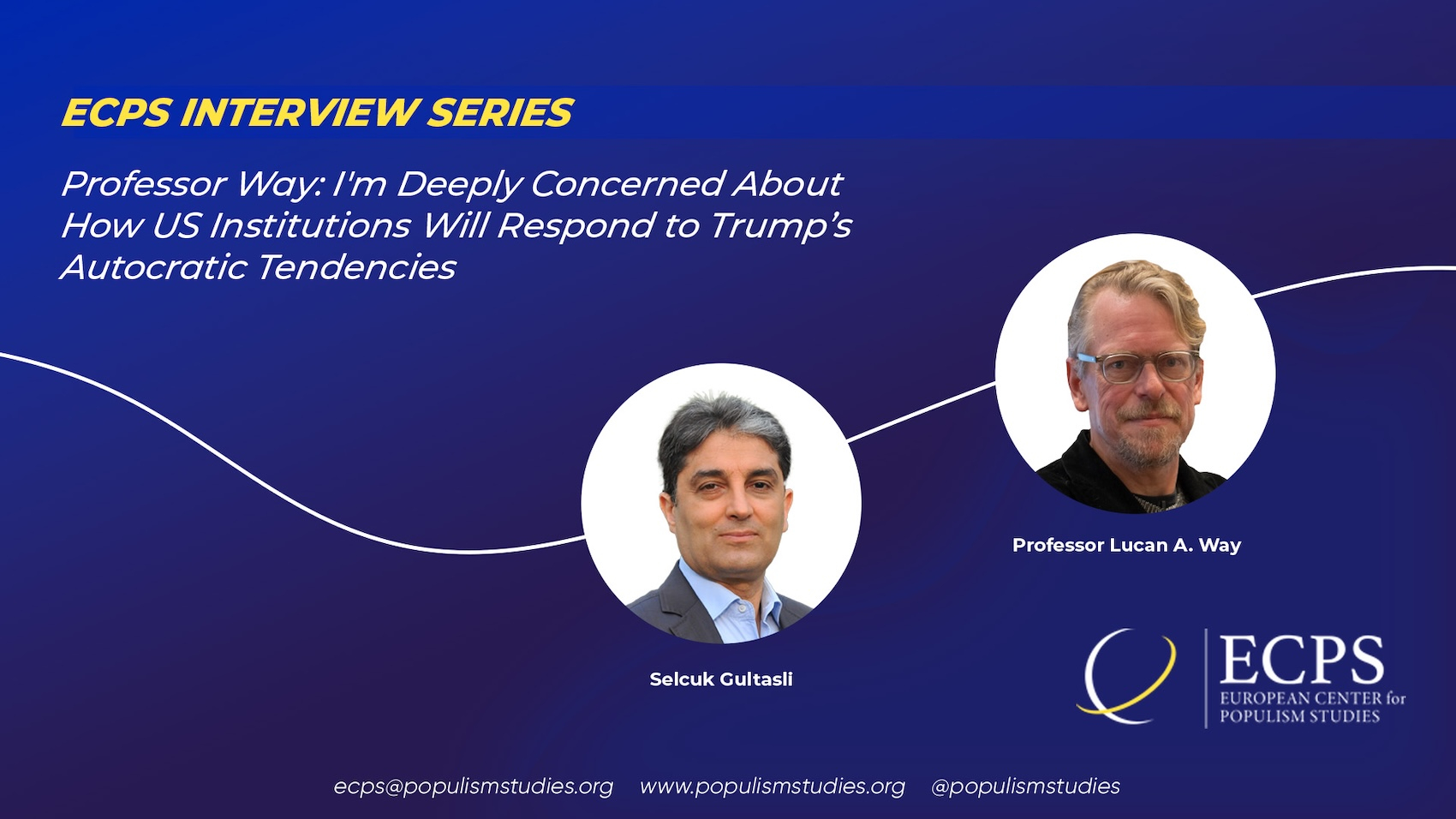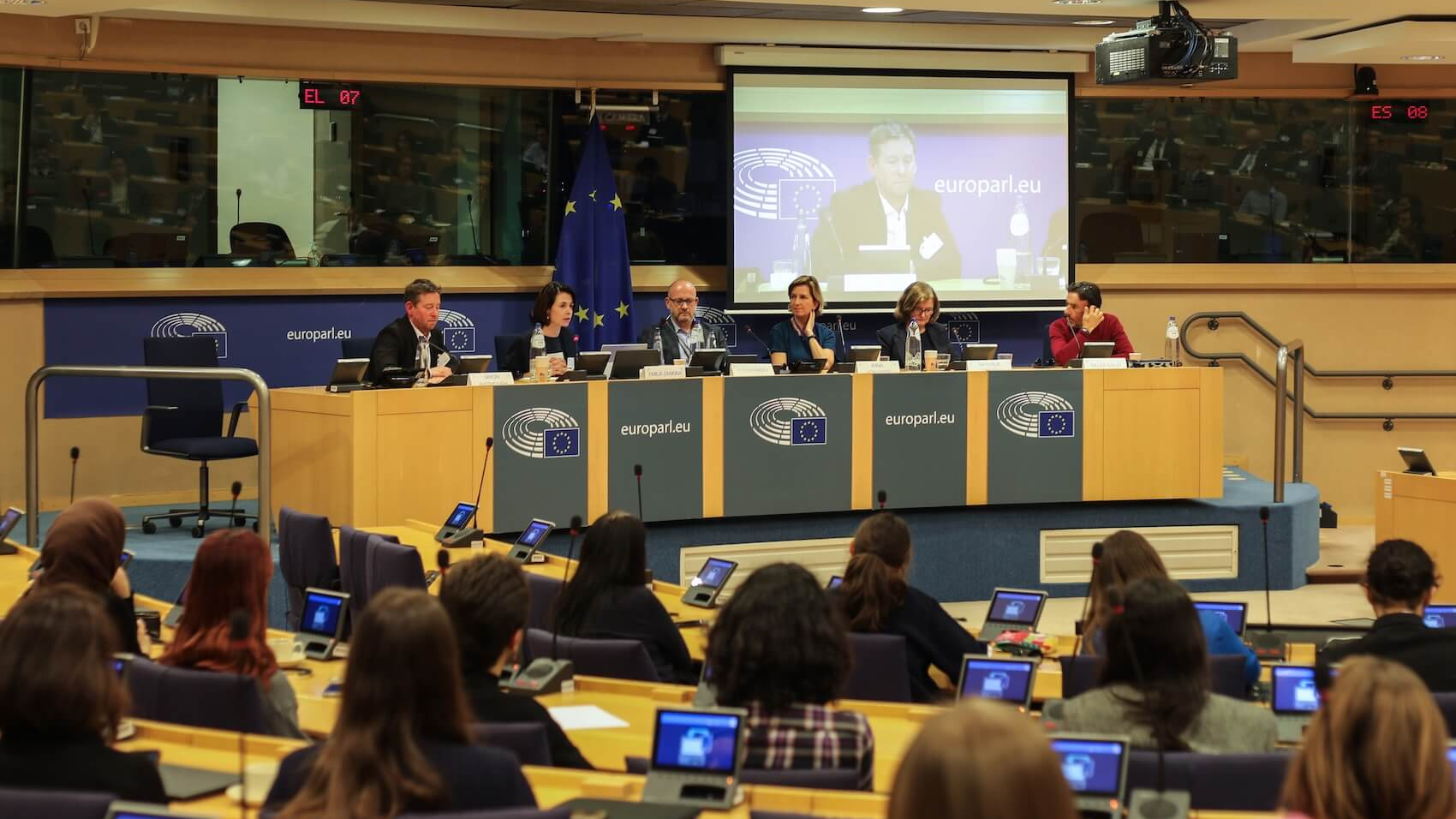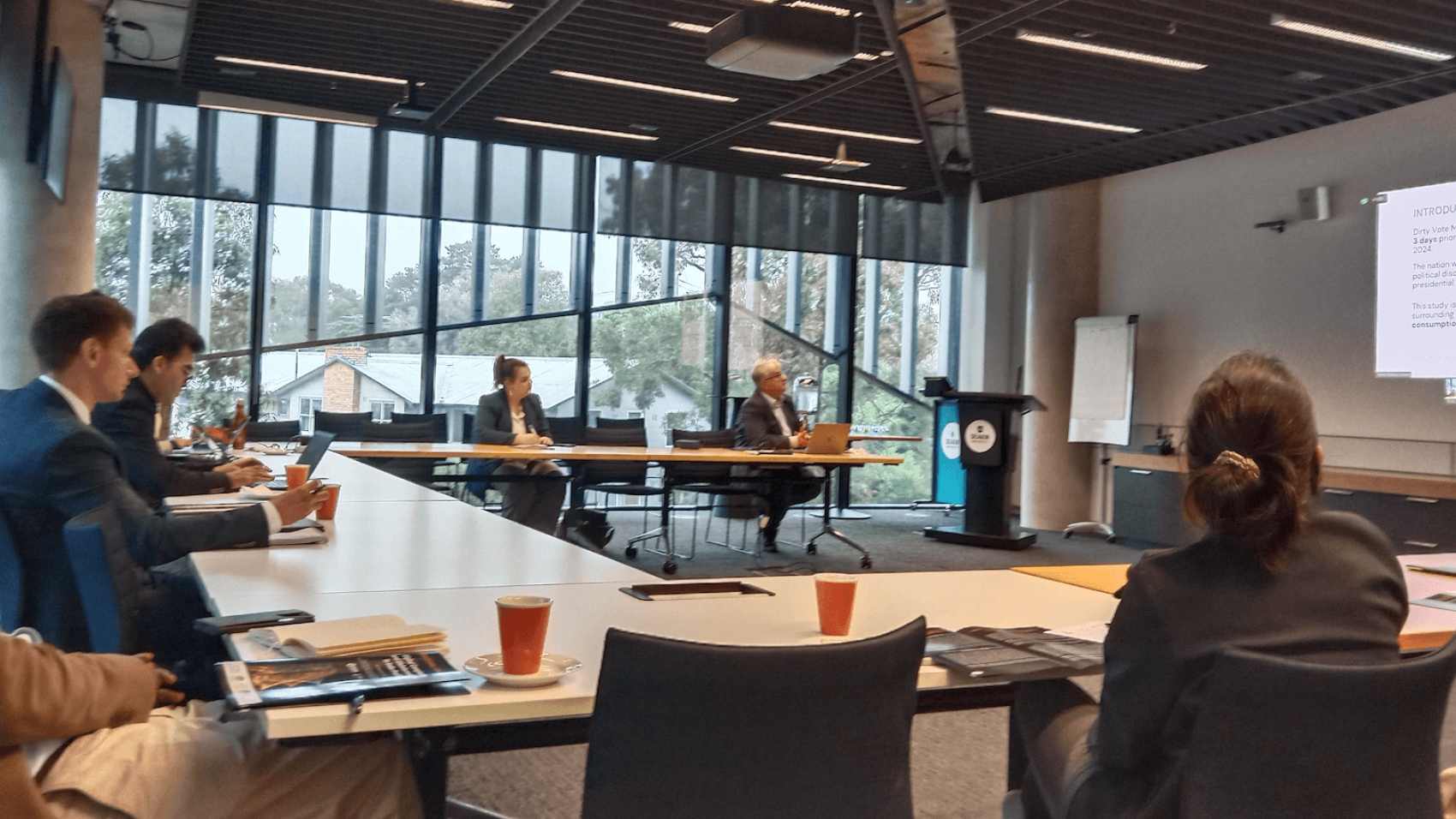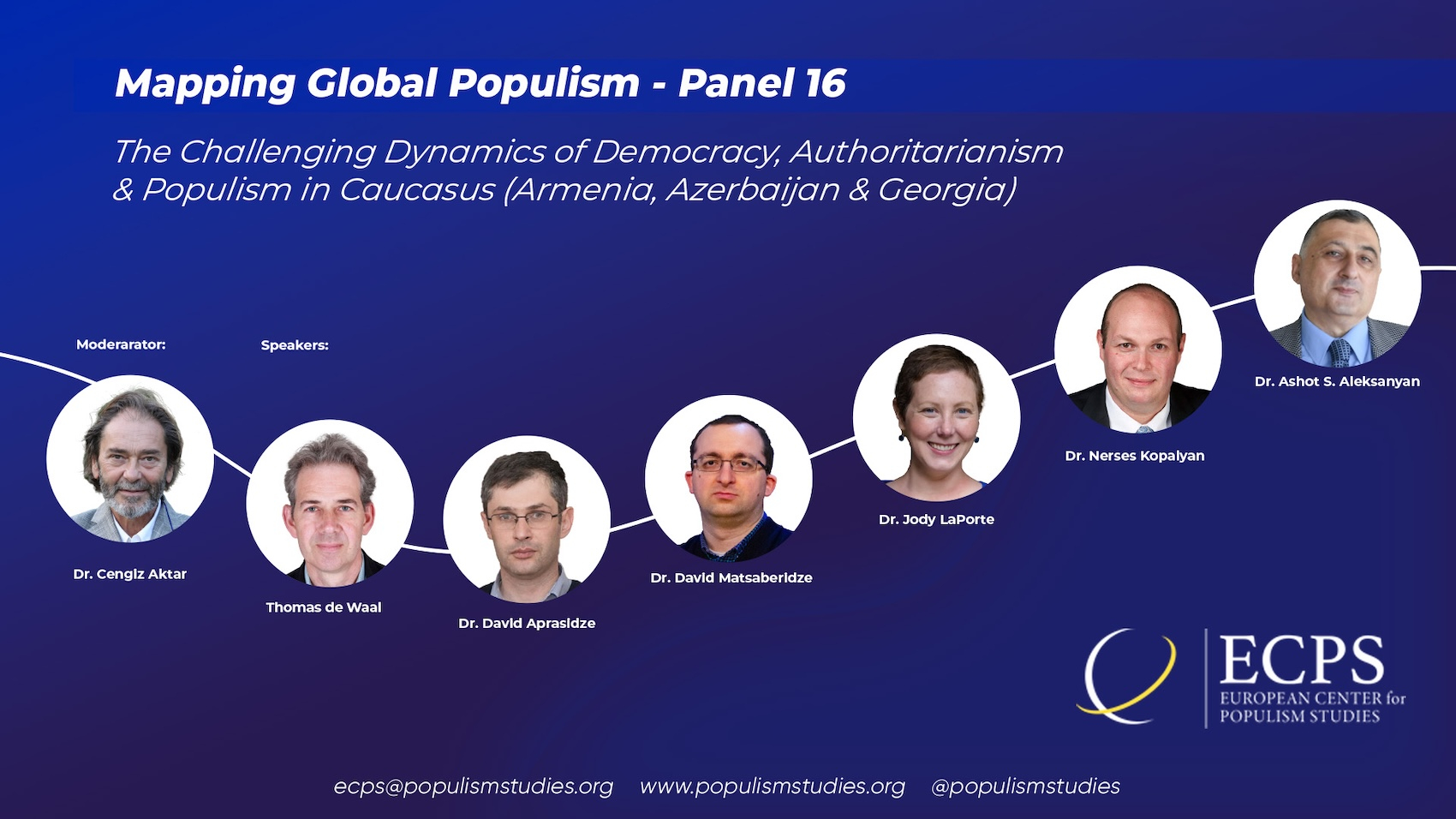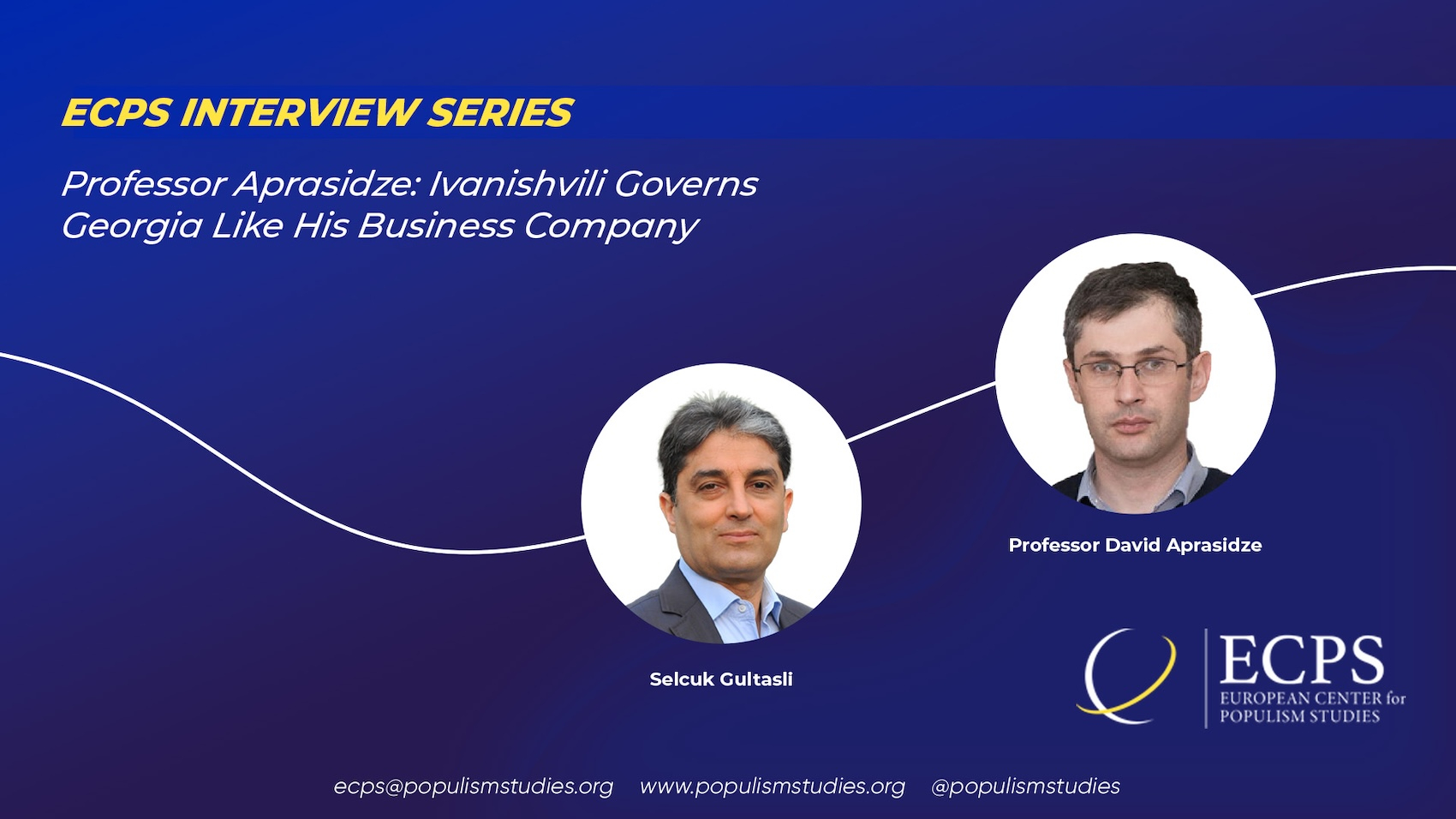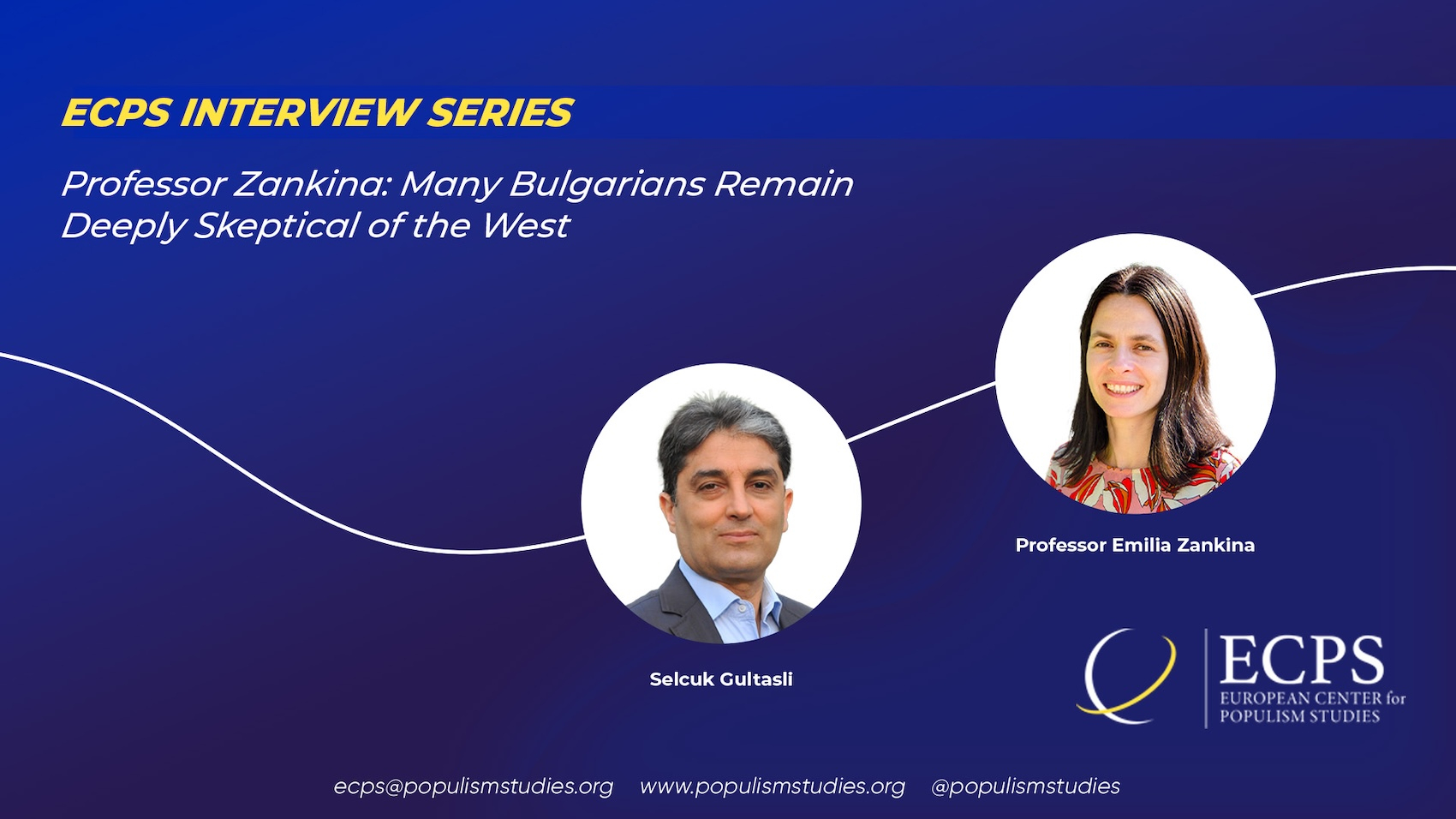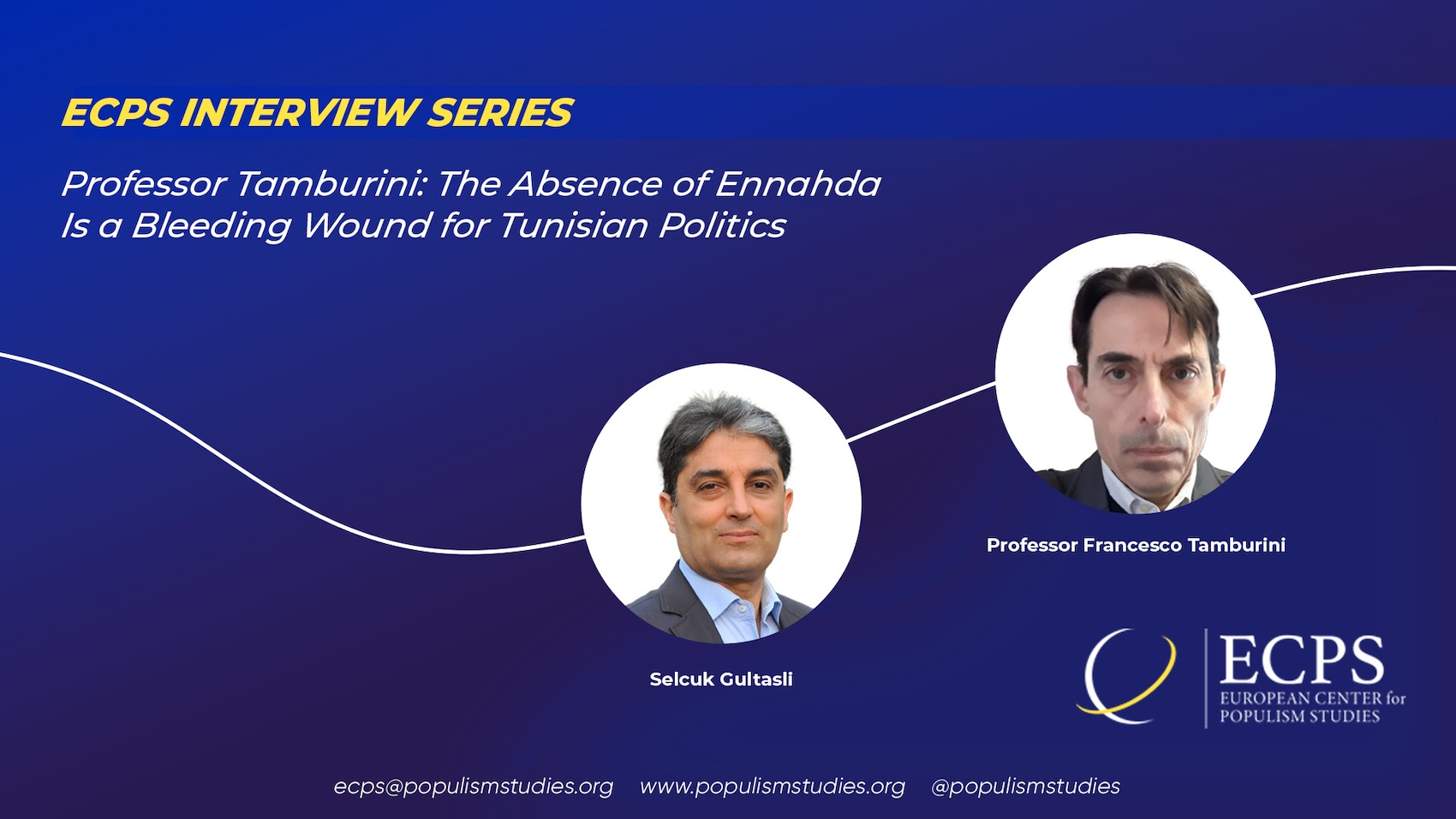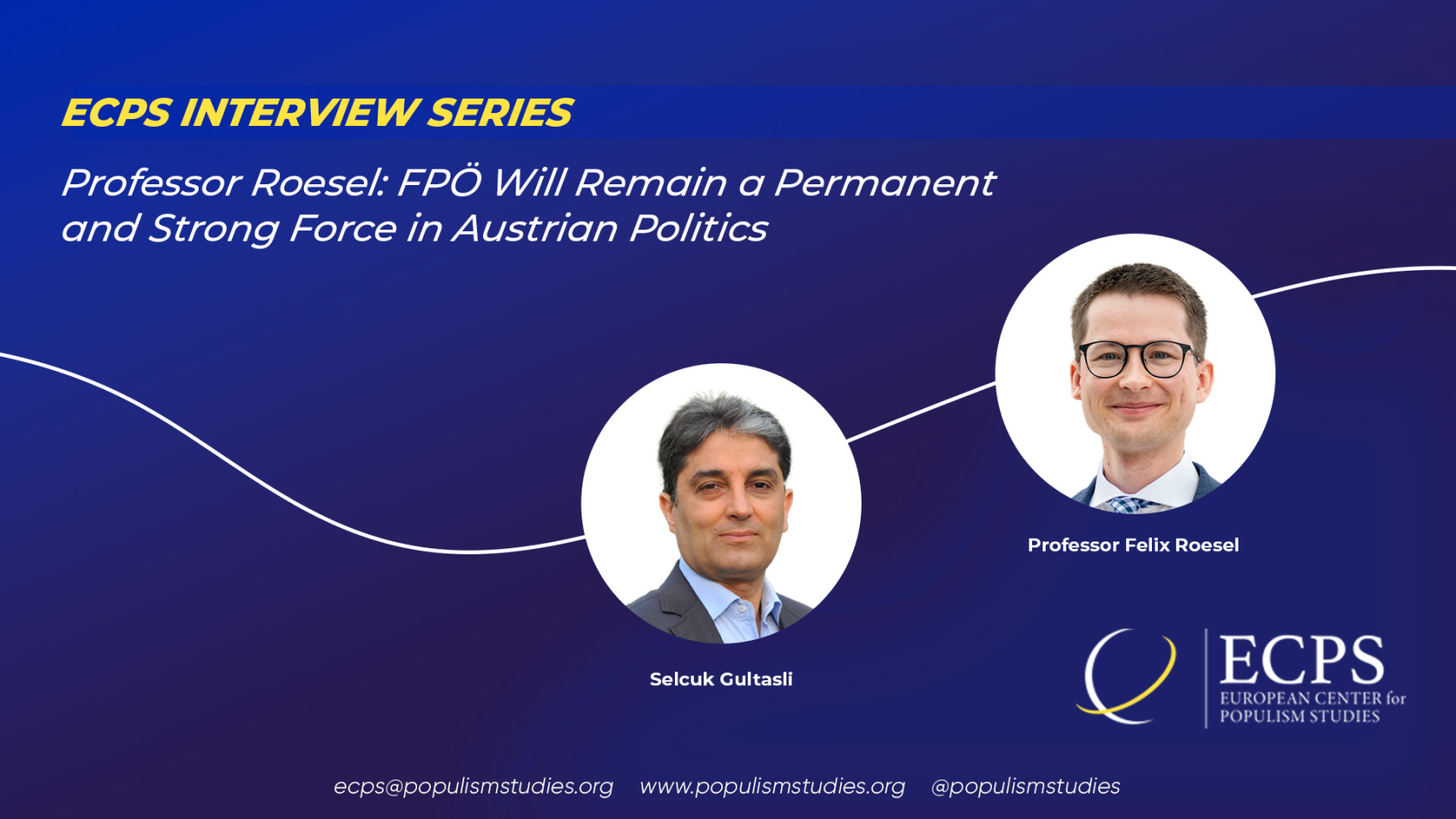In an insightful interview, Professor Lucan Ahmad Way expressed serious concerns about the durability of American institutions under Trump’s influence. “I am extremely worried about how American institutions might respond to Trump’s autocratic tendencies,” he stated, noting that subtle abuses, like politicized audits or investigations, could escape media scrutiny yet still erode democratic foundations. While US rule of law might limit overt actions, Professor Way emphasized the risk of covert pressures aimed at silencing opposition, highlighting the fragility of democratic safeguards in polarized times.
Interview by Selcuk Gultasli
In a thought-provoking interview with the European Center for Populism Studies (ECPS), Dr. Lucan Ahmad Way, Distinguished Professor of Democracy at the University of Toronto, expressed deep concerns over the resilience of American institutions in the face of potential autocratic shifts under Donald Trump’s leadership. “I am extremely worried about how American institutions might respond to Trump’s autocratic tendencies,” Professor Way remarked, emphasizing the risk of subtle forms of abuse that might not attract significant media attention but could undermine the democratic fabric.
Professor Way highlighted concerns that Trump could politicize key institutions like the IRS (Internal Revenue Service), Department of Justice, or FBI to target political opponents discreetly. Although the United States’ strong rule of law may prevent extreme actions, such as the imprisonment of opposition leaders, Professor Way warned about the possibility of covert audits and investigations aimed at harassing Trump’s critics or opposition-aligned businesses.
Beyond the US, Professor Way discussed the evolving priorities of liberal democracies globally, noting a growing need for robust military investments in response to threats from authoritarian powers like Russia and China. He urged Western countries to shift focus from democracy promotion to securing the physical safety of democratic nations, particularly given the heightened risks of military conflicts in regions like Ukraine and Taiwan.
Touching on the broader global landscape, Professor Way also identified economic development as a critical factor in the stability of democracies, citing the correlation between increased wealth and democratic resilience. He underscored that while economic challenges often destabilize democracies, they also threaten authoritarian regimes, as seen recently in Bangladesh. Through this interview, Professor Way sheds light on the complex dynamics influencing the future of democracy in both the US and the wider world.

